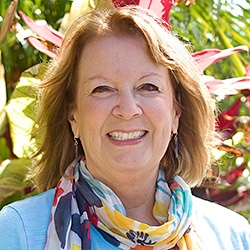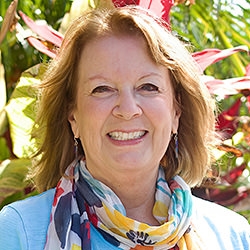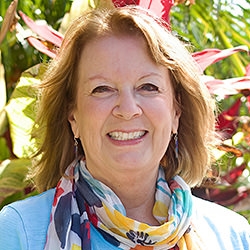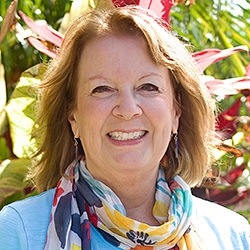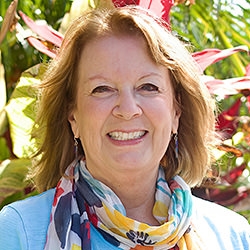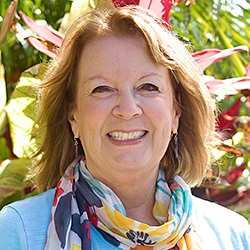
NVC Resources on Conflict
-
Trainer Tip: It can be more productive and satisfying to focus on what we want than on what we don’t have or don’t like. What will help rectify the situation? What would you like someone to do now or next time? This can eliminate much of the emotional pain caused by berating yourself or others. The moment your focus is on what is wrong with your life or what's lacking, take a moment to shift it to what you want.
-
Trainer Tip: When we express frustration without blaming others and by clarifying our own needs and requests, we diminish the possibility of hurt feelings and separation in our relationships. So next time you feel very agitated or angry, rather than implying the other person is wrong or at fault, try the following: own your feelings, make a specific request, and rather than implying they need to give up their needs focus on your needs.
-
Trainer Tip: In challenging situations, we can be peaceful and clear when we are able to connect to what we value most, and to act in harmony with those values. For example, if a coworker does something you don't like, instead of gossiping about their undesirable behaviors, you can talk to them about how both of you feel regarding what happened, and focus on the needs you're both trying to meet at work.
-
When a person of color (A.K.A. a person from the Global Majority, or GM) tells a marginalization story that triggers a defensive response from a white participant in a group, to foster awareness and healing, leaders can address the white person's distress with empathy, highlighting the common dynamic of prioritizing white pain. From there, leaders can offer GM participants opportunity to share their experience and make requests of the group.
-
In a workshop, a hesitant white neurodivergent man faced a triggering reaction from a Global Majority transgender man. Uncovering their backgrounds, the facilitator addressed family dynamics and exclusion. A repair exercise fostered empathy, challenging assumptions and emphasizing the importance of equitable facilitation for a richer group experience.
-
Trainer Tip: While everyone's feelings are a result of their own met or unmet needs it's still important that we take responsibility for our actions. This means acknowledging when our behaviors are a stimulus for another's pain, and expressing regret -- to support our own needs for care and consideration. In the process, taking responsibility where it's due in this way can enhance and deepen our relationships.
-
Trainer Tip: When we withhold our truth or lie, we can create emotional and physical distance in our relationships. By being honest, we can strengthen relationships. And when someone doesn’t appreciate your honesty, try empathizing with them. It can help to notice how your actions stimulate feelings in other people -- even as they are not the cause of their feelings.
-
Join Aya Caspi, a Certified NVC Trainer, as she delves into the difficult topic of parenting, childhood trauma, and social status. She discusses the generational impact of being labeled by society as "less than" or subservient. The wounds of childhood trauma can be healed so they no longer are a means of control by a dominant culture.
-
Aya Caspi, a Certified NVC Trainer discusses how the "story" we tell ourselves about human nature impacts our childhood and the roles we are taught to play in society.
-
When you or anyone is upset, what could underneath the trigger? There may be more than is immediately visible. This article invites us to explore what it looks like to inquire deeper, take self-responsibility, examine our assumptions, attachments, interpretations, and "certainties" that could be hidden behind the needs that are aching to be attended to...

